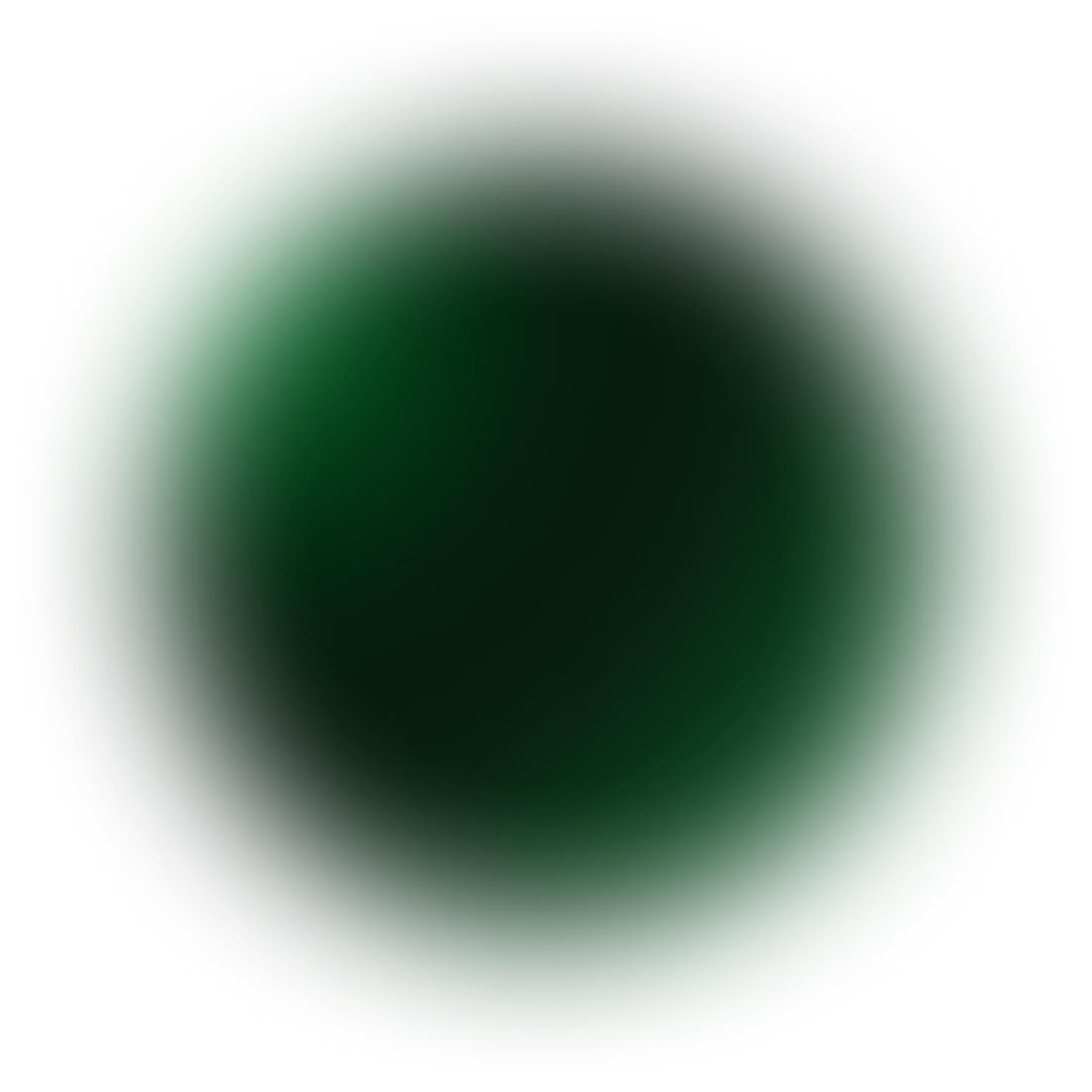
Water (100 Ml) and Tea with Milk and Sugar (100 Ml)
Afternoon Snack
96 mg/dL
avg. peak value
Usually has a stable response
Avg. Food Score on Ultrahuman App
Ultrahuman Users got a STABLE response
How to consume Tea With Milk And Sugar | Water without glucose spikes
Portion Control
Limit the amount of sugar you add to your tea. Gradually reduce the sugar content until you find a balance that suits your taste without causing a spike.
Switch to Natural Sweeteners
Use natural sweeteners like stevia or monk fruit, which do not affect blood glucose levels, instead of sugar.
Choose Low-fat Milk
Opt for low-fat or skim milk instead of whole milk to reduce fat content, which can help stabilize blood sugar levels.
Add Fiber
Pair your tea with a small serving of high-fiber foods like a handful of nuts or seeds, which can slow down sugar absorption.
Stay Hydrated
Drink water before having your tea to help manage hunger and reduce the urge to consume sugary beverages.
Incorporate Protein
Add a small protein-rich snack, such as a boiled egg or cottage cheese, to help balance the meal and mitigate blood sugar spikes.
Mindful Timing
Consume your tea with meals rather than on an empty stomach, as other foods can help moderate the absorption of sugar.
Choose Unsweetened Tea
Gradually transition to unsweetened varieties of your favorite tea or use a smaller amount of sugar to adapt your taste preference.
Experiment with Herbal Teas
Explore herbal teas that naturally have a sweeter flavor, eliminating the need for added sugar.
Regular Monitoring
Keep track of your blood sugar levels after consuming tea to understand how your body responds and make necessary adjustments.

Discover
metabolic
health with M1
Ultrahuman M1 helps you measure the impact of food and activity on your body in real time through glucose as a biomarker.
Explore Ultrahuman M1Find Glucose response for your favourite foods
Explore OGDbYour cart is empty
Browse through our products and find something for you.
